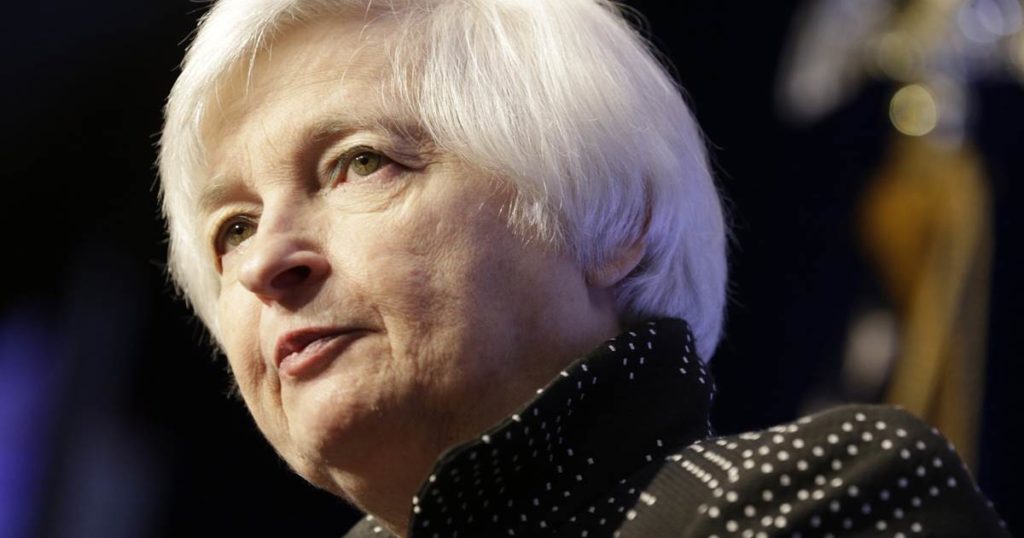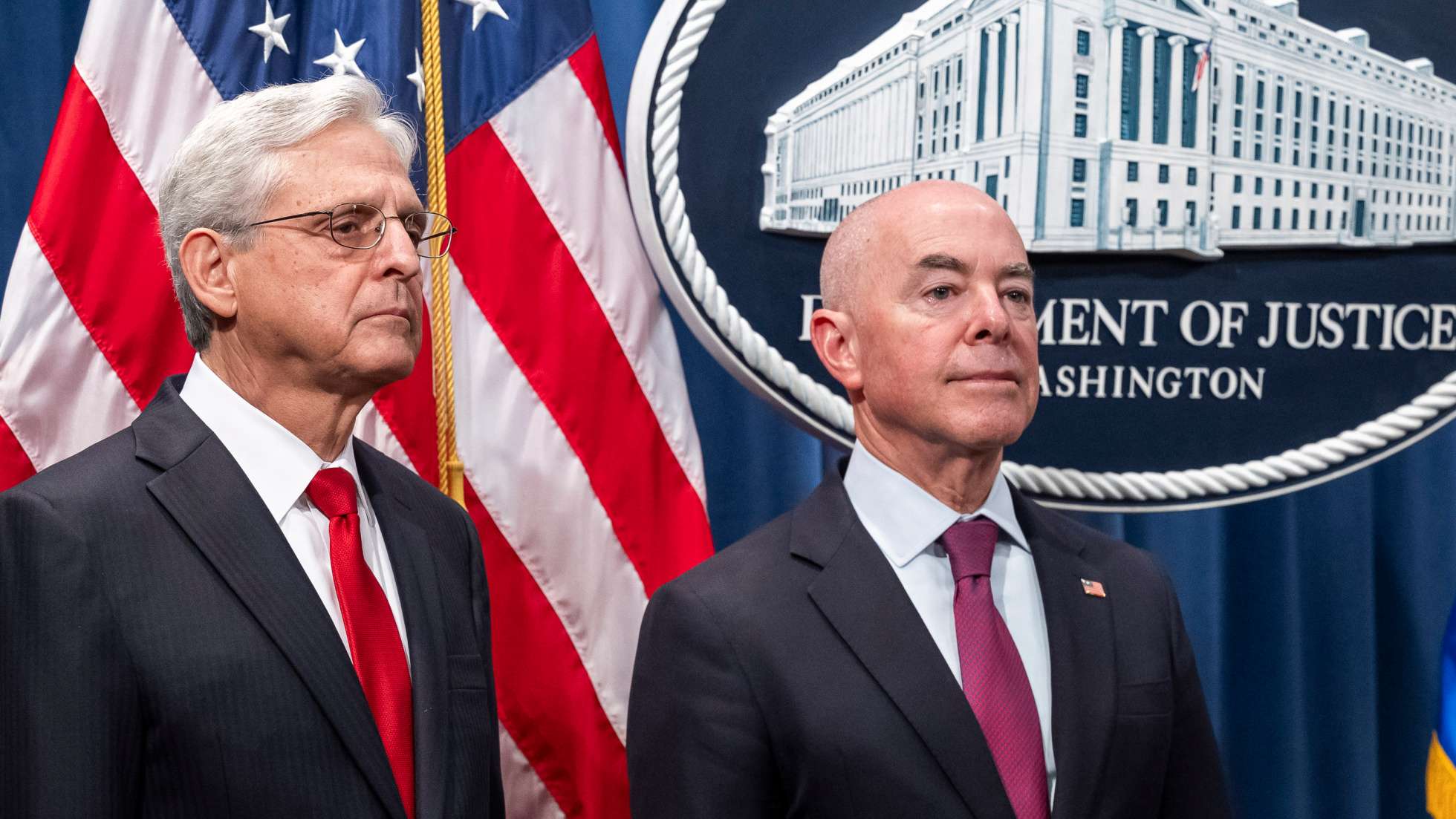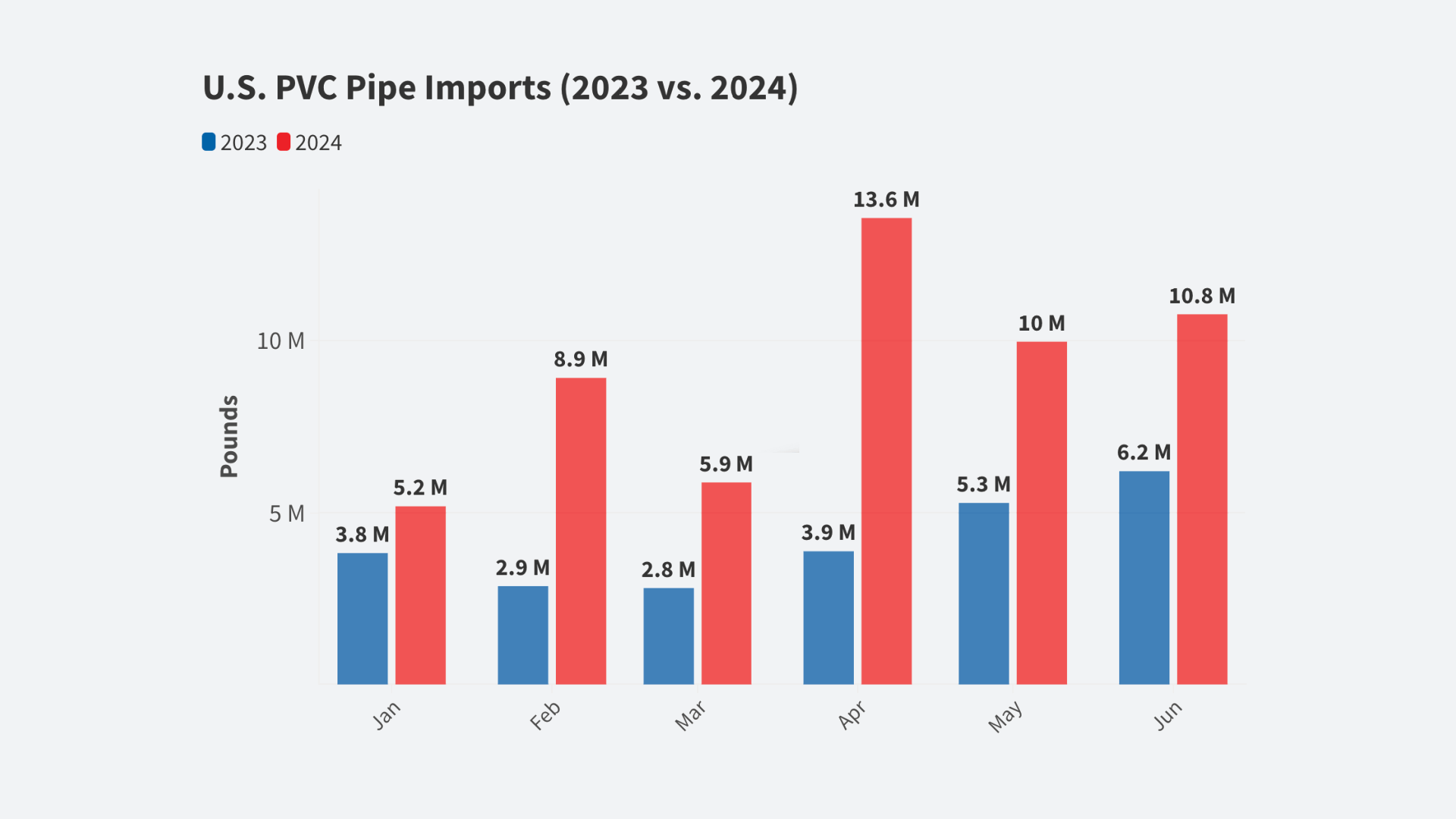So much for the “China thaw” Bloomberg has been promoting since Treasury Secretary Janet Yellen’s trip to China last week.
Yellen, who is arguably the biggest China dove in the Executive Branch, said that there is no evidence yet that the behaviors that led to the imposition of Section 301 tariffs on some $300 billion worth of Chinese imports in 2018 have changed. As a result, the Treasury Secretary said that lifting them this fall would be “premature”.
Speaking at a press conference in India on July 16, ahead of a G-20 summit for finance ministers, Yellen told a reporter that de-escalating was good, but tariffs aren’t going away.
“The tariffs were put in place because we had concerns with unfair trade practices on China’s side — and our concerns with those practices remain. They really have not been addressed,” she said, “Perhaps over time this is an area where we could make progress, but I would say it’s premature to use this as an area for de-escalation, at least at this time.”
Yellen’s comment bodes well for the continuation of Section 301s next year. They are up for renewal this fall.
Section 301s & American Manufacturing
Tariffs have increased investment in local production, a March report by the International Trade Commission said. That report also included the Section 232 tariffs on steel and aluminum, both of which led to new steel mills in the United States.
The ITC report estimates that Section 232 tariffs reduced imports of steel and aluminum products by an estimated 24 percent and 31 percent, respectively, between 2018 and 2021. U.S. production of steel and aluminum increased by 2 percent and 4 percent on average, respectively, during this period. In dollar terms, domestic production of steel and aluminum was valued at $1.5 billion and $1.3 billion higher each year, respectively, than it would have been absent the tariffs, the ITC said.
That report looked at 10 other sectors impacted by tariffs. A set of industry-specific models showed that the impact on domestic manufacturers depends on the average tariff on imports from China in their industry and the estimated substitutability between Chinese and U.S.-made goods. For the 10 industries the ITC looked at, their model showed U.S. production rose between 1.2 percent and 7.5 percent in 2021 as a result of Section 301 tariffs.
A Soft Decoupling is Happening
Yellen is not in favor of a full decoupling, nor are titans of industry like Elon Musk and Jamie Dimon. But a soft decoupling is absolutely taking place due to tariffs and the increased political risk of doing business in China.
CPA found that trade diverted to other countries as firms shifted production out of China. Trade diversion refers to the shifting source of imports from one country to others as the result of an increase in tariff rates.
In 2018, the U.S. imported $538.5 billion of goods from China. Last year, the U.S. imported $536.3 billion from China, a decline of 0.4% since the tariffs were imposed — despite an increase of 28% in total goods imports over the four years from 2018 to 2022. So far this year, U.S. imports from China are running about 15% below the 2022 level, suggesting that China’s share is likely to shrink further. Having invested in new or expanded facilities in Southeast Asia, Mexico, and India, U.S. and international companies are now moving to volume production in those locations, reducing China’s share of the U.S. market.
As Congress considers policies to further decouple from China, including removing its Most Favored Nation status, it should consider the evidence of what actually happened from the Section 301 tariffs. Consumer goods did not increase in price due to the tariffs because the supply chain was impacted by both Covid lockdowns in China, and constraints on shipping that led to higher container costs for merchant marine vessels. Moreover, production clearly shifted from China to Southeast Asia, where wage levels are below that of China.
Meanwhile, at the India press conference ahead of the G-20 Finance Ministers meeting, Yellen was asked whether a decline in foreign direct investment in China and a sharp decline in Chinese exports is due to decoupling.
“De-risking and friendshoring is an important priority for the United States,” she said, still not ready to use the word “reshoring” as some members of Congress and the financial press are now talking about. “This is something we are promoting here in India and will be discussing in Vietnam in the next leg of our trip. I expect that will be something that takes place gradually over time,” Yellen said.
Section 301 Tariffs Reduced U.S. Dependence on China, Decoupling Has Begun













